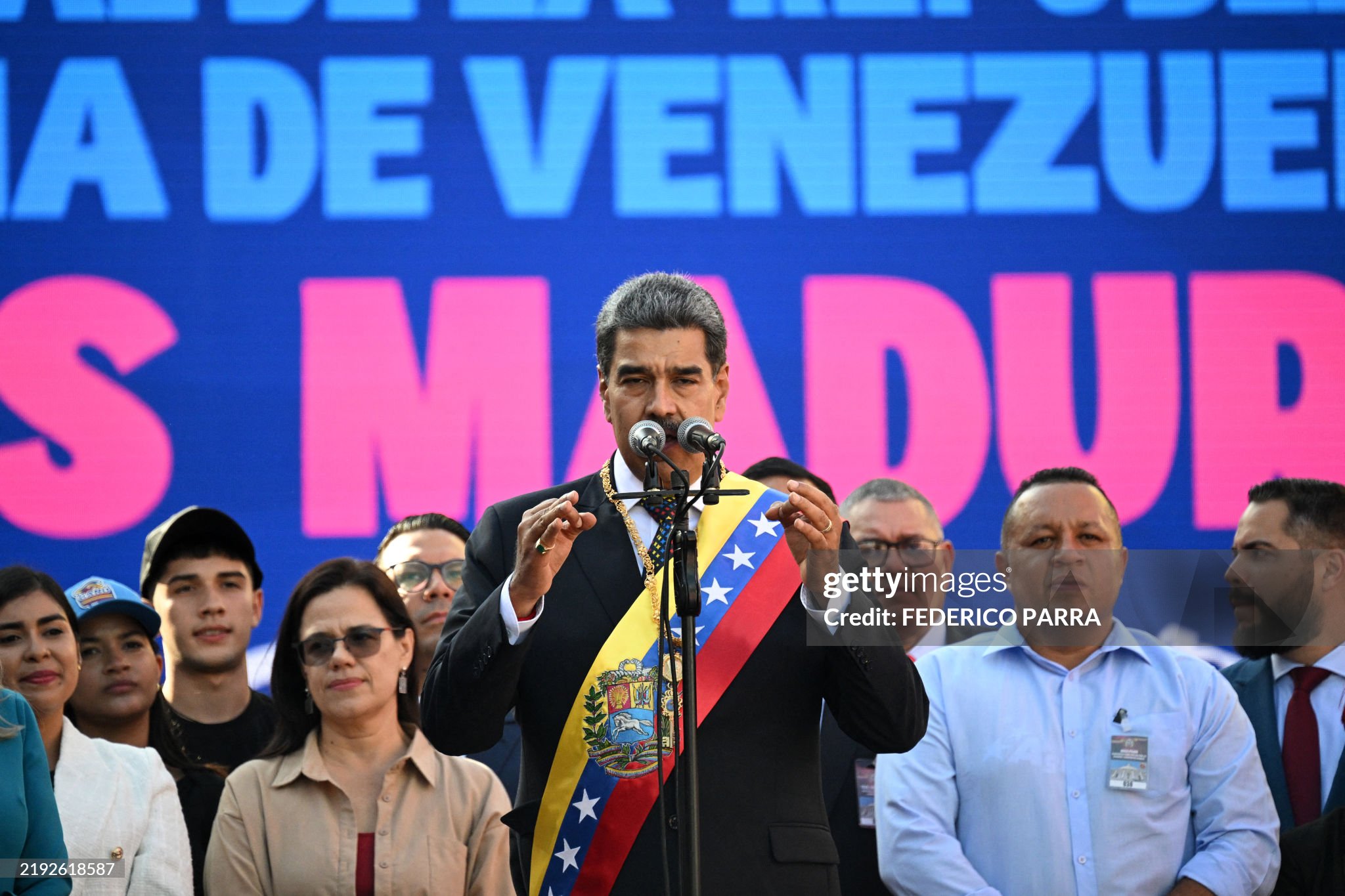DOHA, Qatar (AP) — Kenya faces the prospect of being banned from international athletics because of doping problems that have now reached “crisis” levels, according to authorities in the country.
The threat of an imminent ban by track and field governing body World Athletics, which would have repercussions for a number of medal contenders at next year’s world championships and the 2024 Paris Olympics, was conceded by the country’s sports ministry in a statement issued on Thursday.
In it, the ministry said there was a “doping crisis” in the East African nation and said that sports minister Ababu Namwamba, who was in Qatar for the soccer World Cup, had written to World Athletics president Sebastian Coe and “urged” the governing body “not to ban Kenya.”
“Government is taking firm measures to protect and uphold the integrity of athletics,” the Kenyan sports ministry said. The Kenyan government was “treating it as a matter of top strategic national interest,” the ministry said.
The ministry gave assurances that it was working to solve the doping problems in an apparent effort to stave off a ban.
World Athletics is due to hold a meeting of its decision-making Council in Rome next week, when the issue of Kenya is reportedly due to be discussed.
A ban might force Kenya into a Russia-type situation, where the sanction is applied to the national track federation and athletes are forced to apply to compete as neutrals and not under their nation’s flag at major championships. Russia’s track federation has been suspended since 2015 because of a massive, state-sponsored doping scandal.
Previous action against Kenya has focused on problems at the national anti-doping agency and hasn’t affected athletes competing.
Kenya won 10 medals in athletics at the Tokyo Olympics last year; four golds, four silvers and two bronzes. Only the United States won more medals in athletics. Kenya collected another 10 medals at this year’s world championships in Eugene, Oregon. Again, only the U.S. won more.
A sanction on the Kenyan federation would affect the likes of marathon world-record holder and two-time Olympic champion Eliud Kipchoge, who is among the greatest long distance runners ever. Kipchoge has indicated that he will go for a third straight marathon gold at the Paris Games.
Numerous other star runners would be impacted, like current Olympic and world 800-meter champion Emmanuel Korir, former 1,500 world champion Timothy Cheruiyot, two-time Olympic 1,500 champion Faith Kipyegon and two-time 5,000 world champion Hellen Obiri. There are also many Kenyans who regularly win races on the Diamond League track circuit and the major marathon series.
Kenya’s doping problems have been documented for at least a decade and its national anti-doping program, which was shown to be ineffective and was accused of being corrupt, was given a major overhaul in 2016 when the new Anti-Doping Agency of Kenya (ADAK) was established.
The national track federation has also been implicated in doping-related corruption.
Authorities have largely blamed the issues on small groups of what they refer to as “criminal elements” making money off selling banned performance-enhancing substances to Kenyan runners. Kenya has moved to make doping a criminal offense.
But the reality is that the Kenyan anti-doping and athletics bodies have failed after years of warnings to rein in doping, which is often centered in the country’s remote high-altitude running towns far away from authorities, and where controls are poor.
At least 45 Kenyan athletes have been sanctioned for doping this year, either by the Athletics Integrity Unit or Kenya’s ADAK. It’s the highest number in Kenya for years. Another 20 doping cases involving Kenyans are currently being investigated.
“Cases have increased and, of course, no one is happy with what is happening in the country at the moment,” Julius Yego, the former javelin world champion, said in an interview for Kenya’s Star newspaper last month. “We have serious issues with many Kenyan athletes being linked to doping scandals that continue day by day.”
Cases have mainly involved lesser-known runners but some big names have been banned. They include former Olympic and three-time world champion Asbel Kiprop and Rita Jeptoo, who was the leading female marathon runner in the world.
___
Associated Press writer Mutwiri Mutuota in Nairobi, Kenya, contributed to this report.
___
More AP sports: https://apnews.com/hub/sports and https://twitter.com/AP_Sports




















Discussion about this post